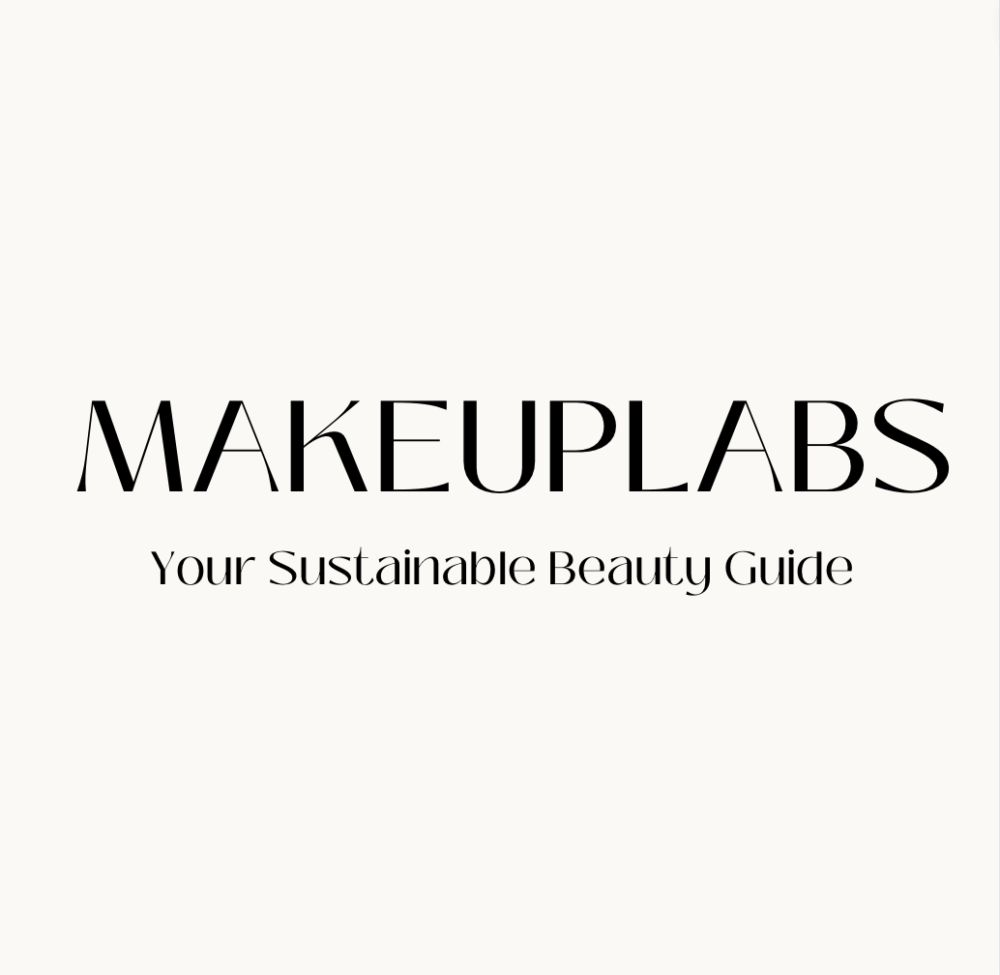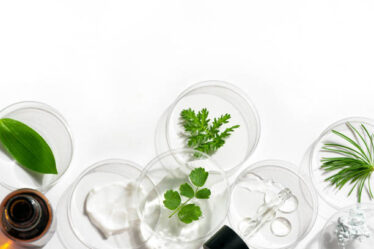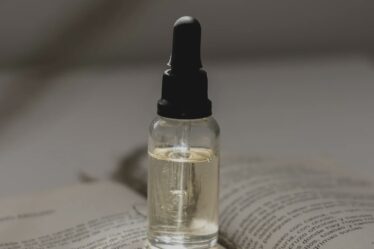
The Hidden Dangers of Non-Organic Makeup: Unveiling the Negative Impact on Your Skin and the Environment
Makeup is a popular tool for enhancing our appearance and expressing our individuality. However, many conventional makeup products on the market today contain a wide range of synthetic ingredients and harmful chemicals. These non-organic makeup products can have serious consequences for our skin and the environment. In this blog, we will explore the hidden dangers of non-organic makeup, shedding light on the potential risks it poses to our health and the planet.
Toxic Ingredients in Non-Organic Makeup:
Non-organic makeup often contains a cocktail of toxic ingredients that can be harmful to our skin and overall well-being. Common culprits include parabens, phthalates, synthetic fragrances, and petroleum-based compounds. Parabens, used as preservatives, have been linked to hormonal disruption and have the potential to penetrate the skin, raising concerns about long-term health effects. Phthalates, found in many cosmetics, have been associated with reproductive issues and developmental problems. Synthetic fragrances can cause skin irritation and allergies, leading to redness, itching, and discomfort. Petroleum-based compounds can clog pores, contribute to acne breakouts, and hinder the natural breathing process of the skin.
Skin Sensitivities and Allergic Reactions:
Using non-organic makeup can trigger various skin sensitivities and allergic reactions, particularly for those with sensitive skin. The harsh chemicals and synthetic ingredients present in conventional makeup can disrupt the natural balance of the skin, leading to redness, irritation, and itching. Some individuals may develop dermatitis or eczema-like symptoms when using non-organic makeup, as their skin reacts negatively to the synthetic compounds. Continuous exposure to these irritants can cause long-term damage and compromise the health of our skin.
Environmental Impact of Non-Organic Makeup:
The negative impact of non-organic makeup extends beyond personal health concerns to the environment. The production and disposal of these products contribute to pollution and resource depletion. The extraction of petroleum-based ingredients harms ecosystems, disrupts natural habitats, and contributes to climate change. Additionally, the manufacturing process of non-organic makeup generates significant amounts of chemical waste and greenhouse gas emissions. Furthermore, many non-organic makeup products come in non-recyclable packaging, adding to the already staggering global waste problem.
The Ripple Effect: Protecting Our Health and the Environment:
By choosing non-organic makeup, we not only prioritize our own health but also contribute to the well-being of the planet. Here are some reasons why making the switch to organic alternatives is crucial:
- Safeguarding Personal Health: Organic makeup utilizes natural and plant-based ingredients that are grown without the use of synthetic pesticides, herbicides, or GMOs. These ingredients are gentler on the skin and are less likely to cause irritation or allergic reactions. By avoiding harmful chemicals and embracing organic options, we can reduce the risk of long-term health issues associated with non-organic makeup.
- Supporting Sustainable Practices: Organic makeup brands prioritize sustainability throughout their production processes. They employ environmentally-friendly farming practices, such as organic and regenerative agriculture, which minimize soil erosion, conserve water, and protect biodiversity. Organic makeup brands also use recyclable or biodegradable packaging materials, reducing waste and promoting a circular economy.
- Protecting Ecosystems: The extraction of petroleum-based ingredients for non-organic makeup contributes to the destruction of natural habitats and ecosystems. By choosing organic alternatives, we can help preserve biodiversity and reduce the negative impact on delicate ecosystems.
- Advocating for Transparency and Regulation: Supporting organic makeup brands encourages transparency in the cosmetics industry. By demanding clearer labeling and stricter regulations, we can advocate for safer products and promote greater awareness about the potential dangers of non-organic makeup.
Non-organic makeup products pose hidden dangers to our skin and the environment due to the toxic ingredients they contain and the negative impact they have on our health and the planet. From harmful chemicals to skin sensitivities and allergic reactions, the risks associated with non-organic makeup are substantial. Additionally, the environmental consequences, such as pollution, resource depletion, and waste generation, cannot be ignored.
Choosing organic makeup is a crucial step towards safeguarding our health and protecting the environment. Organic alternatives utilize natural and plant-based ingredients that are safer for our skin and minimize the risk of adverse reactions. By supporting sustainable practices and advocating for transparency and regulation, we can promote a healthier cosmetics industry and a more sustainable future.
Making the switch to organic makeup empowers us to prioritize our well-being while minimizing our ecological footprint. Let us embrace organic alternatives, educate ourselves about the potential dangers of non-organic makeup, and make conscious choices that benefit our health and the health of the planet. Together, we can create a beauty industry that prioritizes safety, sustainability, and overall well-being.




